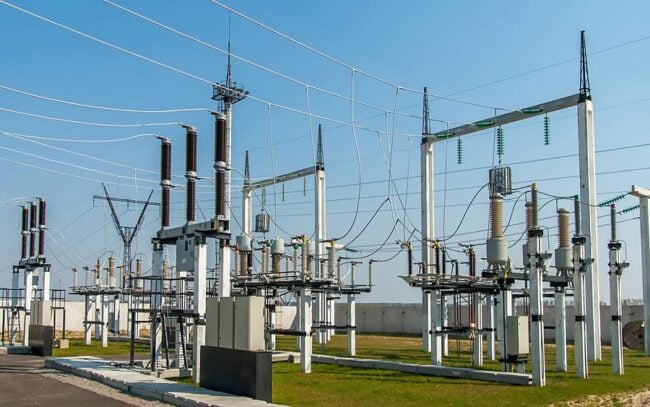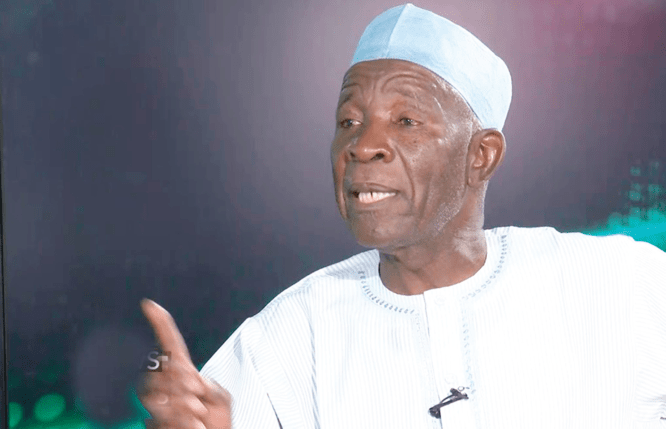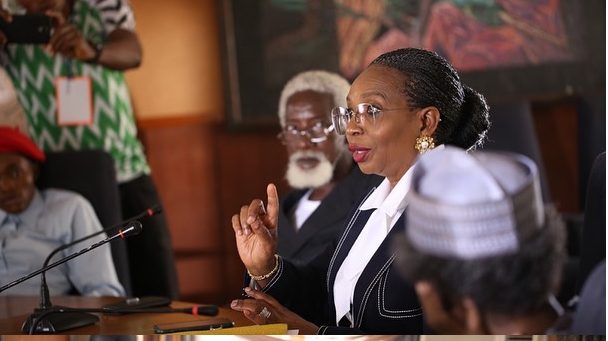Electricity distribution companies (DisCos) have accused the Transmission Company of Nigeria (TCN) of not improving its capacity to wheel electricity to them since 2015.
This is contained in the 2020 second-quarter report released by the Association of Nigerian Electricity Distributors (ANED), the umbrella body of the DisCos.
The DisCos said the energy received from TCN has remained flat and low, adding that the COVID-19 lockdown has also negatively affected the commercial performance improvement of power firms.
“Since 2015, there has been no significant improvement in the energy generated and wheeled by TCN, that is finally received by DisCos. It continues low and flat, only affected by a seasonal effect between the dry and rainy seasons,” the report stated.
Advertisement
“The DisCos’ uncertainty on the energy to be received from TCN has become a major threat and it will hurt the core of their performance improvement plans (PIPs) as many of the plans are based on the basis of the projections done by NERC at June´s Minor Review.
“Moreover, NERC in the last TCN´s minor reviews stated that whereas the CAPEX provided to TCN in MYTO-2015 order was to support the evacuation of the average projected generation of 5,465MW in 2016 to 10,493MW in 2019, actual average generation remained between 3,500MW to 4,000 MW during the same period.
“The energy to be received by the DisCos continues to be flat, low and far from any of NERC´s projections under the MYTO financial model.”
Advertisement
In October, Saleh Mamman, minister of power, told the house committee on power at the national assembly that the country’s grid power capacity has increased significantly since 2015.
“The installed grid power generation capacity has reached 13,000MW from 8000MW in 2015; similarly, transmission capacity has increased to 8000MW from 5000 in 2015,” the minister claimed.
“The distribution system has the capacity to evacuate 5500MW of power, having grown from 4500MW in 2015. The private sector ran distribution system have the least capacity in the power value chain.
“During the period between 2015 to date, the sector has recorded successes and has faced challenges. In order to deliver this administration’s promise of providing stable and affordable power to Nigerians, a way forward was defined and supported by Mr President’s political will.”
Advertisement
Add a comment







